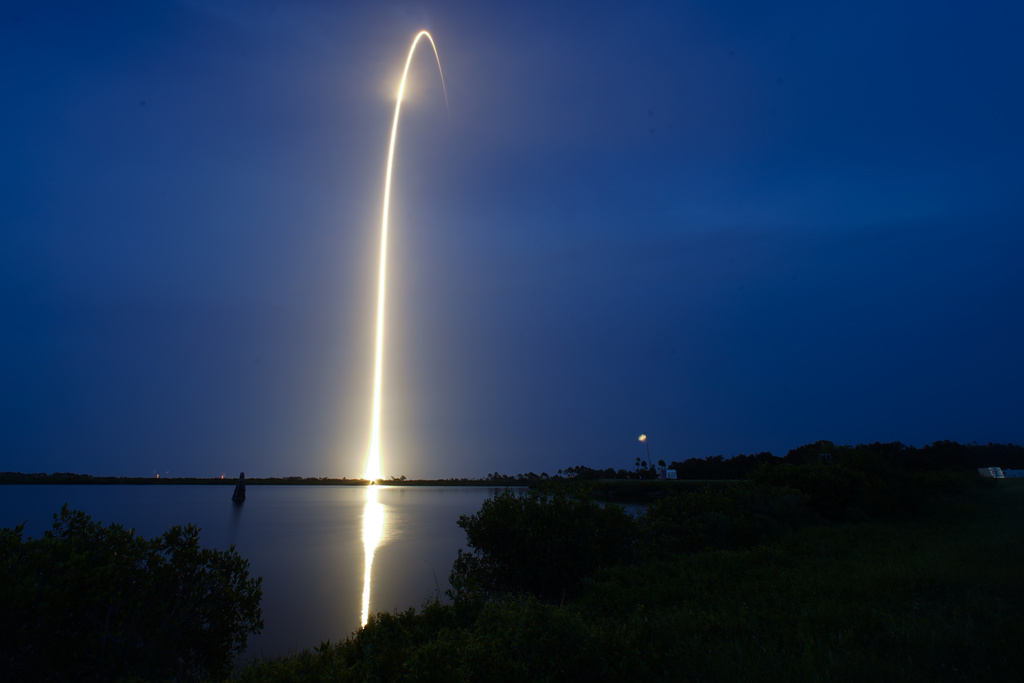Scientists and engineers from the Łukasiewicz Research Network – Institute of Aviation (ILOT) have reported on the development of a new eco-friendly rocket fuel, which is expected to constitute a breakthrough in space propulsion systems.
The propellant developed at ILOT is a safer alternative compared to the currently used toxic materials.
The developed combination utilizes hydrogen peroxide as an oxidizer and innovative fuel. It is characterized by high performance and the ability to spontaneously ignite upon components being mixed in the combustion chamber. According to Polish scientists, it is an ideal candidate for use in rocket engines for future satellite platforms, landers, and launch vehicles.
“The team has made a significant achievement that may ultimately lower the costs of new propulsion systems and the costs of preparing satellites for flight,” said Dr. Engineer Adam Okniński, the director of the Space Technology Center at the Institute of Aviation. “This step brings us closer to the possibility that Polish fuel could become a standard in missions of future-generation satellites,” he added.
The team of engineers and scientists at ILOT has so far conducted over 160 tests of the new fuel, achieving highly consistent ignition characteristics and stable and repeatable combustion performance. The next steps will focus on introducing the innovative technology into new systems and subsystems being developed for satellites by companies operating in the European and global markets.
The institute is one of the most modern research facilities in Europe, dating back to 1926. The Institute closely collaborates with global aviation industry giants, such as Boeing, GE, Airbus, and Pratt & Whitney, as well as institutions from the space sector, including the European Space Agency. ILOT’s strategic research areas include aviation technologies, space, and unmanned technologies.





